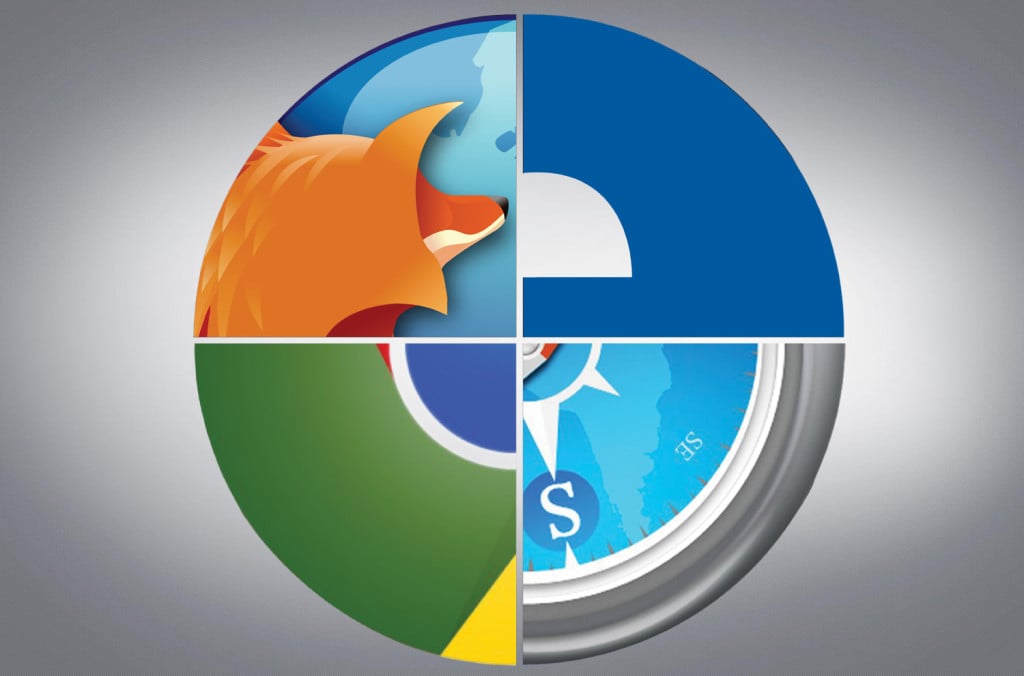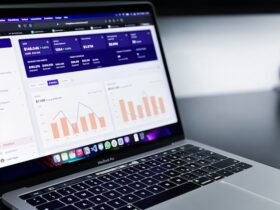It can be difficult to dive into the world of ERP software for the first time. It becomes even more challenging when you know you’ll have to lead employees and supervisors into the depths with you.
ERP justification is essential for firm stakeholders in comprehending the ERP system’s prospective benefits. Say, an electricity billing software can ease the process of taking bills. This is usually accomplished through a presentation to key stakeholders. After that, they subsequently approve (or reject) the proposed software solution.
This article will show you understand ERP system benefits as a stakeholder. You can boost your chances of success by recognizing some of the key components required to deliver an effective ERP justification. And also by considering some of the complexities of the actual implementation.
5 Key Components of ERP Justification
There are several crucial things that you must include in your presentation. This includes creating a business model or presenting a concept to the stakeholders. ERP justification is one of them.
Current business environment analysis
You should run considerable research into company processes before presenting your case for implementation. Speak with leaders from all of the departments that will be impacted by the ERP. This way, you can learn about their potential issues and workflow nuances.

Workflow challenge documentations
It’s crucial to document and bring up current workflow difficulties throughout your presentation, justifying ERP. Stakeholders will comprehend the impact that is not having an ERP has on the organization. It is even better if you can offer data indicating these bottlenecks’ impact on revenue and productivity.
Expected ROI
The value of deploying an ERP system is highlighted by developing a measurement for expected ROI. Stakeholders will be calculating the ERP justification because of the cost of ERP. Yet, it’s important to note that this upfront expenditure might provide a large profit margin after adoption.
System end goals
What do you hope to accomplish by adopting ERP? Your colleagues are unlikely to let you guide them into the unknown unless you have a specific goal in mind. The same may be said about ERP.
Cost of implementation
You’ve outlined all of the difficulties your company is facing. Also, you know the various ways an ERP system could help you address them. It sounds terrific, but how much will it cost the organization in the long run? When choosing a new software program, especially an ERP, the cost is a major consideration.
Talk about the 3 Key Benefits of ERP Implementation
There are many advantages of adopting to ERP system. But the stakeholders must be aware of it. So, talk about these 3 key benefits of ERP when pursuing them.
Increase in communication and productivity
The centralization of numerous workflows and procedures is one of ERP’s fundamental roles. Various interdepartmental tasks can be automated by connecting these parts.
This automation can assist in freeing up time for employees to work on alternative projects and enhance overall company productivity.
The ERP system also enables various visualizations. This allows employees to communicate better. As a result, companies experience faster and better results.

Faster analysis
One of the advantages of ERP implementation is the ability to analyze insights faster with real-time data. Rather than sifting through data tables and manually punching in calculations, ERP systems can generate graphs, charts, and other visual representations of data. Users might waste less time looking for data and invest more time analyzing it.
Better revenue generation
One of the most popular features of ERP software is financial management solutions. Although the capability of these systems varies, some providers deliver advanced demand planning and forecasting tools.
These features are based on expected consumer demand and statistical data to optimize manufacturing and purchasing operations.
Companies can reduce waste and inventory shelf time by better anticipating material and inventory requirements. This is one of the aspects of ERP that can help businesses increase revenue.
Conclusion
Implementing an ERP system can boost your company’s income and productivity significantly. To reach that stage in the process, ERP justification is essential.
You will need to construct strong arguments to convince the stakeholders about ERP benefits. The best things to do are present the benefits of ERP and justify the system’s needs. A successful implementation can enhance current needs, challenges, end-goals, expenses, and possible ROI.














Leave a Reply